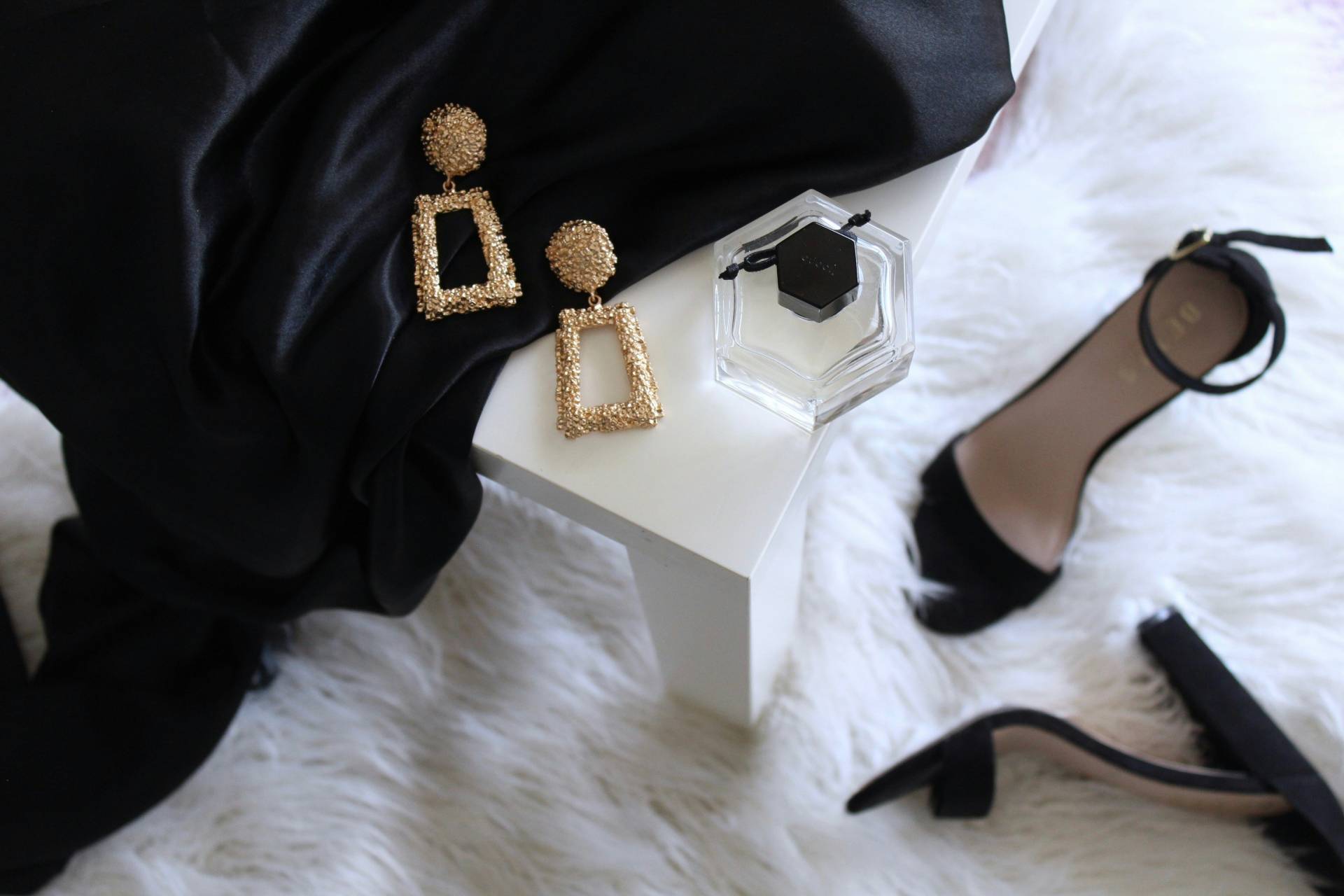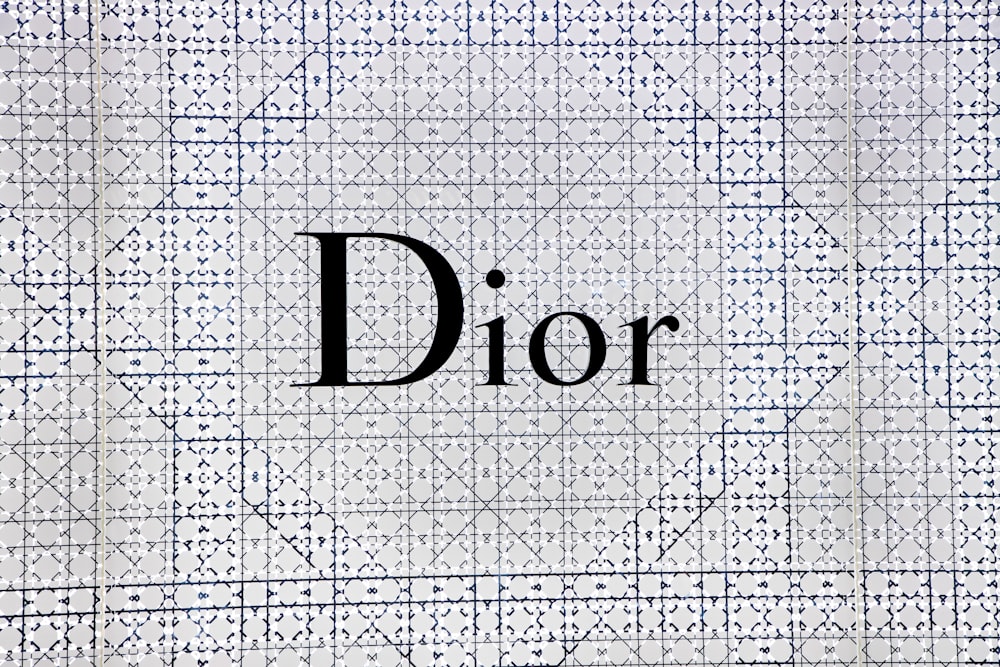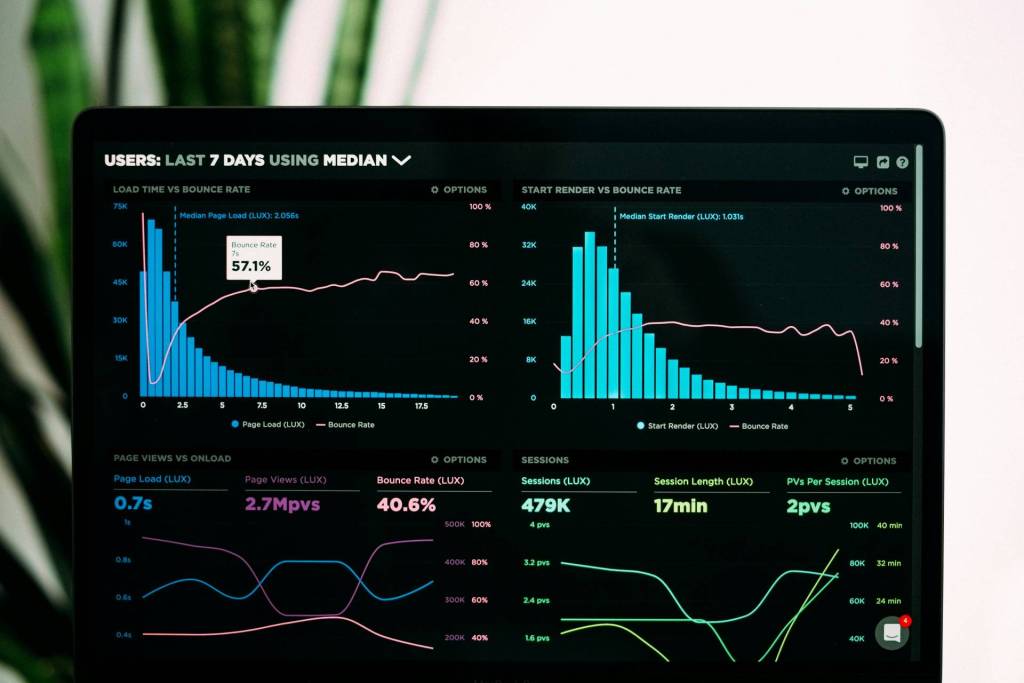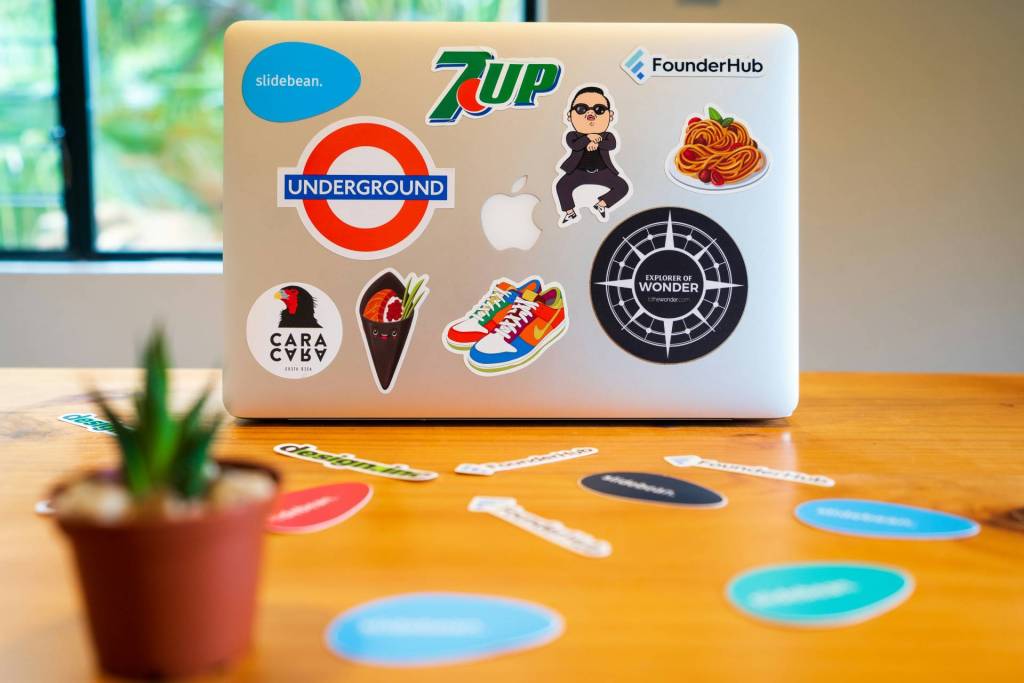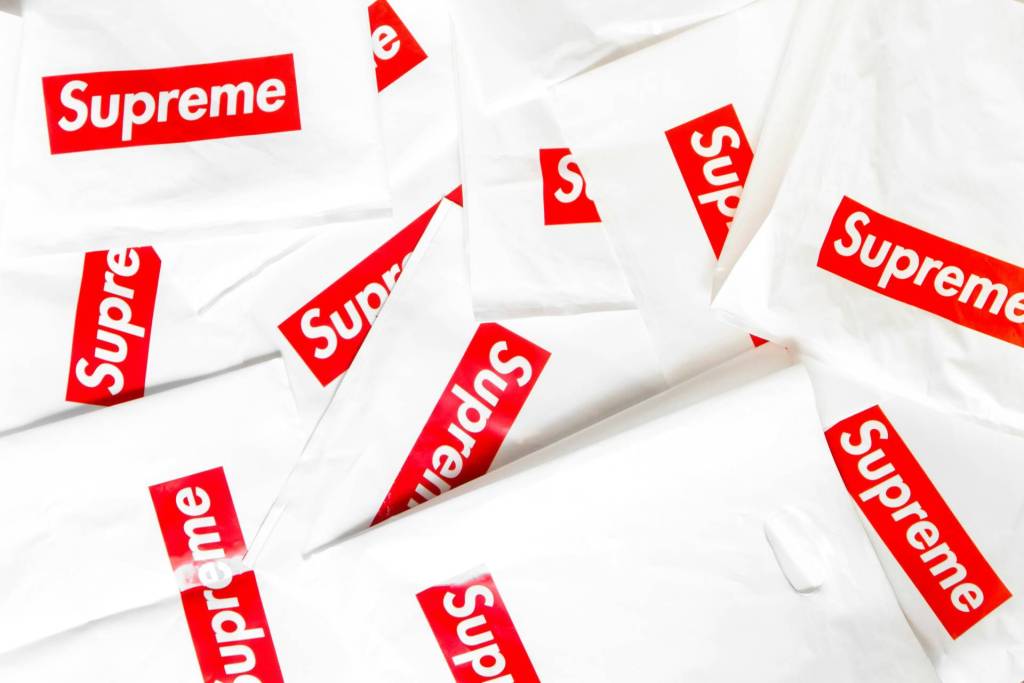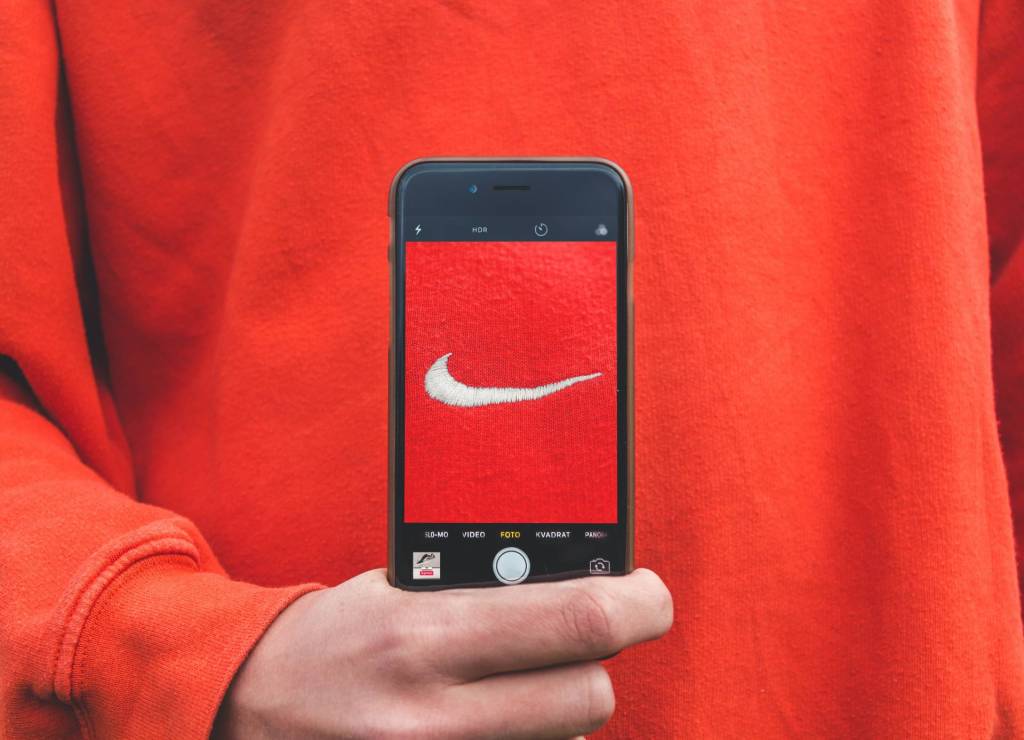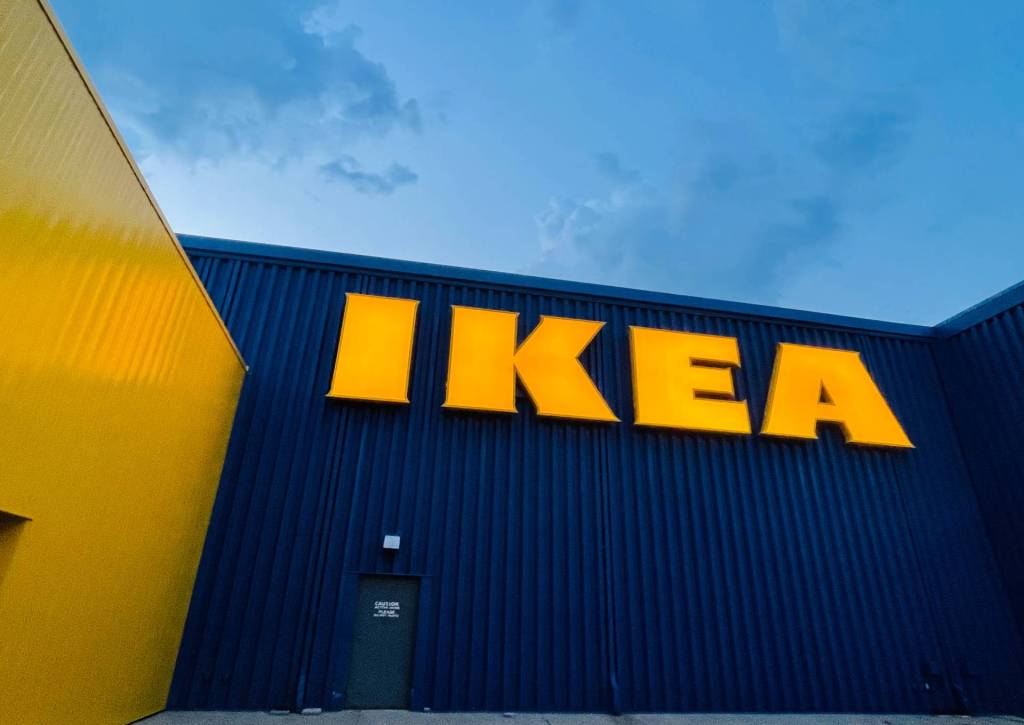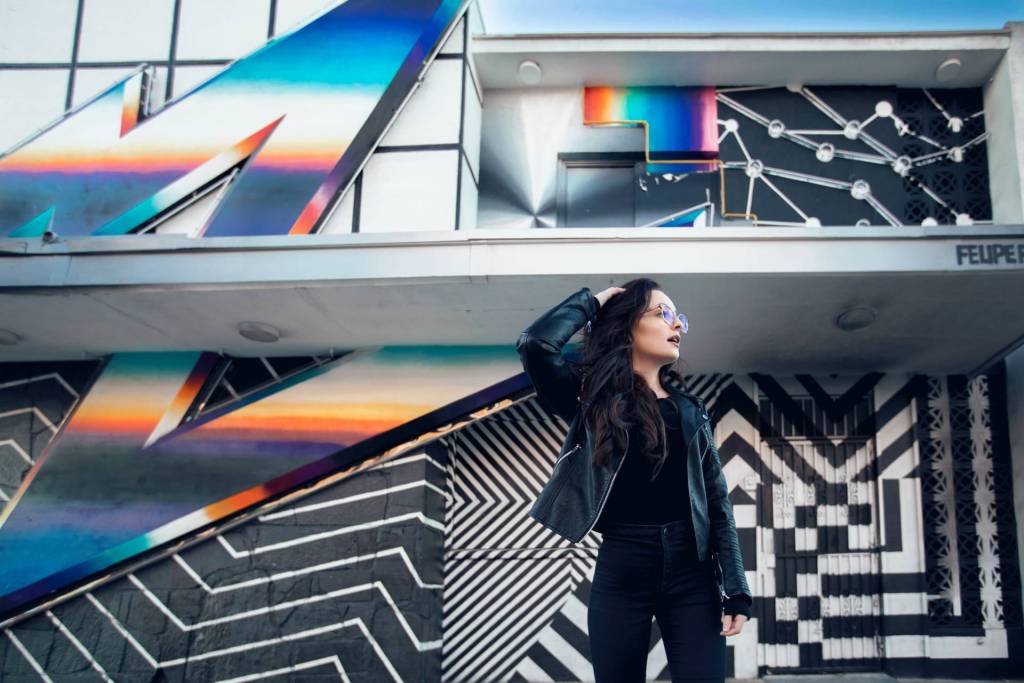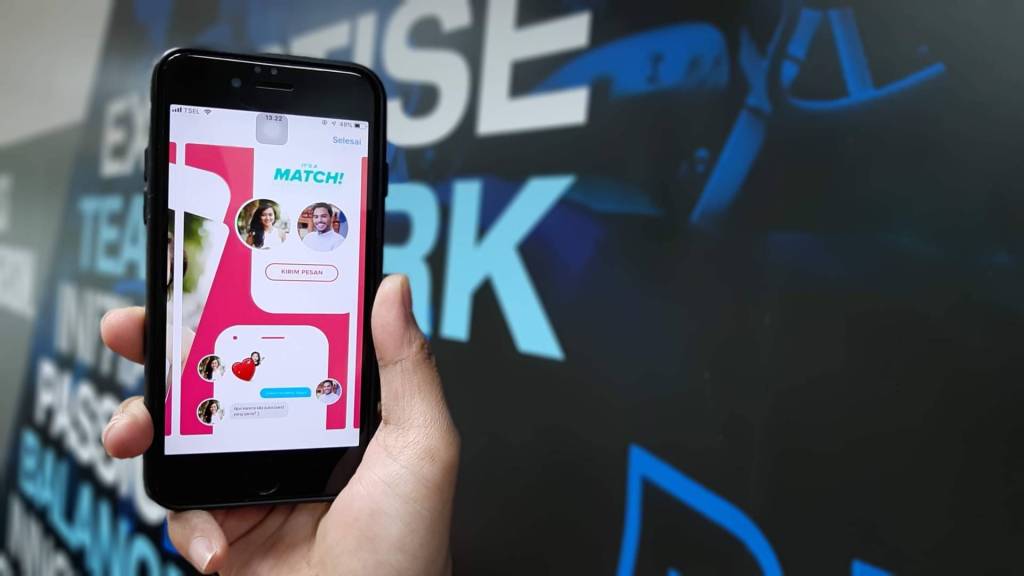Luxury brand marketing has long been synonymous with exclusivity, prestige, and high-quality craftsmanship. Yet, in an increasingly digitally driven and competitive landscape, luxury brands must continuously evolve their marketing strategies to remain relevant and engaging. This article delves into the strategies of seven global luxury brands, their unique approaches, and how these strategies can be integrated into your marketing plan.
The Art of Luxury Marketing
Luxury brand marketing is more than just selling a product; it’s about crafting a story that resonates with high-end consumers. These brands excel in creating an emotional bond, turning shopping from a mere transaction into a memorable experience. Here’s how they do it:
Highlighting Heritage and Craftsmanship
Luxury brands often have rich histories and a legacy of craftsmanship. They leverage this heritage to create a narrative that speaks of quality, tradition, and attention to detail. By emphasizing the artisanal aspects and the time-honored techniques used in their creation, luxury brands can instill a sense of appreciation and reverence for their products in the hearts of consumers.
Cultivating Exclusivity
Exclusivity lies at the heart of luxury marketing. It’s not just about high prices but creating a sense of belonging to an elite club. Limited editions, by-invitation-only sales, and personalized products all add to this allure, making consumers feel part of an exclusive world. This exclusivity fuels desire and makes the luxury experience something to aspire to.
Personalizing the Customer Journey
Luxury brands go beyond standard customer service; they offer personalized experiences tailored to individual preferences. From bespoke tailoring to private shopping sessions, the goal is to make each customer feel special and understood. This level of personalization enhances the emotional connection and builds loyalty.
Engaging Through Storytelling
Storytelling is a powerful tool in luxury brand marketing. By telling the stories behind their products, brands can engage customers on an emotional level. Whether it’s the inspiration for a new collection or the history of a vintage piece, these stories add depth and context, transforming the product from a mere item into a piece of heritage.
Embracing Digital Innovation
While tradition plays a significant role in luxury marketing, leading brands also embrace digital innovation to enhance the customer experience. From immersive websites to augmented reality apps, technology is used to bring the brand’s story to life and offer unique experiences that merge the physical and digital worlds.
Providing Exceptional Experiences
Finally, luxury marketing is about offering exceptional experiences that go beyond the ordinary. Whether it’s a private event, an exclusive preview, or a personalized service, luxury brands strive to make every interaction unforgettable. This commitment to excellence ensures that customers not only return but also become advocates for the brand.
In summary, the art of luxury marketing lies in understanding and catering to the desires of the luxury consumer. By focusing on heritage, exclusivity, personalization, storytelling, digital innovation, and exceptional experiences, luxury brands can create a marketing strategy that resonates with their audience and stands the test of time.
Luxury Marketing Strategies in Action: A Close Look at Seven Brands
Luxury brands are known for their unique marketing strategies, blending tradition with innovation to create a lasting impact. Let’s delve deeper into how seven renowned luxury brands have leveraged their unique approaches to cement their status in the luxury market.
Louis Vuitton: The Power of Strategic Collaborations
Louis Vuitton stands out for its mastery of strategic collaborations that bridge the gap between luxury fashion and contemporary culture. The brand’s collaborations with notable artists, designers, and celebrities not only generate buzz but also introduce the storied brand to new audiences. By melding its classic aesthetic with modern trends, Louis Vuitton remains at the forefront of luxury fashion, appealing to both long-time fans and new generations.
Dior: Embracing the Digital Realm
Dior has embraced the digital age with open arms, venturing into the Metaverse and creating immersive virtual experiences. This bold move illustrates the brand’s commitment to innovation and its understanding of the evolving luxury consumer landscape. By integrating digital technology with high fashion, Dior offers a new realm of exclusivity and engagement, attracting tech-savvy consumers without alienating its traditional base.
Porsche: Beyond the Showroom Experience
Porsche redefines the luxury automobile purchase experience through its Porsche Experience Centers. These centers provide customers with the opportunity to fully immerse themselves in the brand’s heritage and performance. By offering more than just a car, Porsche creates an emotional bond with its customers, turning the act of buying into an unforgettable experience that extends well beyond the showroom.
Lamborghini: Selling the Experience
Lamborghini takes experiential marketing to the next level by offering customers unique and thrilling experiences, like the Lamborghini Winter Academy. These events allow customers to engage with the brand in a dynamic and exciting environment, fostering a deep emotional connection and a sense of belonging to an exclusive community of enthusiasts.
Rolex: An Old-School Approach with a Twist
Rolex combines traditional marketing techniques with modern platforms to maintain its prestigious image while reaching a broader audience. The brand’s consistent use of celebrity endorsements and sponsorships in elite sports serves to underline its legacy of excellence and precision. Rolex’s careful selection of ambassadors and events resonates with its target audience, reinforcing the brand’s status as a symbol of success and achievement.
Chanel: Leveraging Heritage and Artistry
Chanel has skillfully leveraged its rich heritage and association with high art to maintain a luxurious image. By organizing high-profile fashion shows in iconic locations and collaborating with renowned artists, Chanel creates spectacular presentations that reinforce its brand narrative of elegance and sophistication. This strategy ensures that Chanel remains timeless yet relevant, captivating both loyal customers and new admirers.
Gucci: Revolutionizing Luxury with Social Media
Gucci stands as a paragon of how luxury brands can harness social media to redefine their market presence. The Italian fashion powerhouse has transformed its marketing strategy by adopting an accessible and playful approach that breaks away from the traditionally reserved luxury narrative. Gucci’s social media channels burst with eclectic, vibrant content that combines contemporary artistry with the brand’s rich heritage.
This innovative approach has not only broadened Gucci’s appeal but has also rejuvenated the brand, making it relevant to millennials and Gen Z consumers. By engaging with social media trends, influencer partnerships, and digital storytelling, Gucci has created a dynamic online persona that resonates with a younger audience, all while maintaining its high-end luxury appeal. The result is a brand that feels both timeless and timely, luxurious yet approachable.
Cartier: Keeping Up with the Trends
Cartier, the venerable jewelry house, has exemplified adaptability in luxury brand marketing by leveraging pop culture trends and high-profile collaborations. The brand’s partnership with Lily Collins, known for her role in the popular Netflix series ‘Emily in Paris’, is a masterstroke in relevance and timing. This collaboration aligns Cartier with contemporary fashion and entertainment narratives, connecting the storied brand with a new generation of luxury consumers.
By associating itself with trending shows and celebrities that resonate with younger audiences, Cartier ensures its timeless appeal does not translate to being out-of-date. Instead, the brand manages to maintain its classic elegance while staying at the forefront of current trends. This strategy demonstrates Cartier’s commitment to tradition and innovation, showing that true luxury is not just about heritage but also about staying relevant in an ever-changing cultural landscape.
Each of these brands demonstrates that the key to successful luxury marketing lies in a deep understanding of the brand’s identity and audience. Whether through embracing new technologies, offering unique experiences, or leveraging heritage and artistry, these strategies can provide valuable lessons for any brand aiming to enhance its luxury appeal.
Applying Luxury Marketing Strategies to Your Business
Having delved into the strategies of top luxury brands, let’s look at how these insights can be integrated into your marketing plan.
Collaborate with Influential Figures
Collaborations with influential figures, whether celebrities or micro-influencers, can significantly boost your brand’s appeal and visibility. According to our research, 33% of Gen Z purchases are based on an influencer’s recommendation.
Embrace Digital Innovation
Adopting digital innovation is crucial to connecting with a younger demographic. Harnessing technologies such as AI, VR, and Blockchain can enhance your brand’s relevance and appeal in an increasingly digital landscape.
Evoke Emotion and Create Memorable Experiences
Creating memorable experiences and evoking emotions in customers is a powerful way to build brand loyalty. Ensure your marketing messages resonate emotionally with your audience, focusing on what they want, not just what they need.
Luxury Marketing Strategies in Practice: Adobe’s Approach
Adobe, typically known for its software solutions, has adeptly applied luxury marketing strategies to its B2B segment. By adopting an approach centered on exclusivity, personalization, and high-quality experiences, Adobe has set a new standard in B2B marketing. Here’s how they’ve done it:
The Adobe Summit: A Masterclass in Experiential Marketing
The Adobe Summit isn’t just a conference; it’s an immersive experience. By hosting this event, Adobe creates an exclusive platform where industry leaders, marketers, and creatives converge. The summit offers in-depth learning sessions, workshops, and keynotes from renowned speakers, all crafted to inspire and educate attendees.
This approach mirrors luxury brands’ focus on exceptional experiences. Participants leave feeling part of an elite group, armed with cutting-edge knowledge and insights. By transforming a standard industry event into a prestigious gathering, Adobe leverages the allure of exclusivity and the impact of transformative experiences, hallmarks of luxury marketing.
Influencer Partnerships and the Analytics Portfolio
Adobe’s strategy for promoting its Analytics Portfolio showcases the effective use of influencer partnerships. Instead of traditional advertising, Adobe collaborates with influential figures in the digital marketing and tech industries. These influencers, respected for their expertise, share their experiences and insights using Adobe’s solutions, thus adding credibility and appeal to the brand.
This tactic mirrors how luxury brands collaborate with high-profile personalities to create aspiration and trust. By choosing influencers who resonate with their target B2B audience, Adobe not only amplifies its message but also enhances its brand prestige, aligning itself with innovation, leadership, and exclusivity.
Blending Exclusivity with Accessibility
While maintaining an aura of exclusivity, Adobe has skillfully made its events and resources accessible to a broader audience. For instance, while the live Adobe Summit experience is an exclusive event, many sessions are made available online, allowing a global audience to partake in the learning. This strategy balances exclusivity with accessibility, widening Adobe’s reach while maintaining the event’s premium status.
Leveraging High-Quality Content
Adobe’s approach extends beyond events and influencer partnerships; it also encompasses the production of high-quality, informative content. Through whitepapers, case studies, and thought leadership articles, Adobe positions itself as a leader in the digital solutions space. This content, rich in insights and expertise, reinforces the brand’s authority and luxury status in the B2B sector.
Customer-Centric Approach
At the heart of Adobe’s strategy is a deep focus on customer experience. By understanding and anticipating the needs of its B2B clients, Adobe personalizes interactions and solutions, echoing the bespoke nature of luxury services. This customer-centric approach ensures that clients feel valued and understood, fostering loyalty and long-term relationships.
In practice, Adobe’s approach to luxury marketing in the B2B space demonstrates how principles traditionally reserved for high-end consumer goods can be successfully applied to business services. By focusing on experiential marketing, strategic partnerships, exclusivity coupled with accessibility, high-quality content, and a customer-centric approach, Adobe has elevated its brand, creating a luxury experience that resonates with its professional clientele.
Conclusion: Smart Marketing Keeps People Interested
Luxury brand marketing strategies, with their focus on exclusivity, personalization, and high-quality experiences, set a gold standard in the art of keeping people interested and engaged. While these techniques are synonymous with high-end brands, their underlying principles are universal and can be adapted by businesses across the spectrum. Whether operating in B2B or B2C markets, any brand can harness these strategies to elevate their marketing efforts, create memorable customer experiences, and build lasting loyalty.
Understanding your audience is the cornerstone of effective marketing. By diving deep into the desires, preferences, and behaviors of your customers, you can tailor your approach to meet their needs and exceed their expectations. Luxury marketing teaches us the value of treating each customer as an individual, offering them personalized experiences that resonate on a deeper level.
Adaptation and innovation are equally crucial. The luxury market is continuously evolving, with new trends, technologies, and customer expectations emerging regularly. To remain relevant and maintain interest, businesses must be willing to adapt these high-end strategies to fit their unique brand identity, market position, and customer base. This might mean reimagining the customer journey, introducing new communication channels, or leveraging data in novel ways to enhance personalization.
Moreover, luxury marketing emphasizes the importance of storytelling and brand heritage—elements that can significantly enrich your marketing narrative. By weaving your brand’s values, history, and vision into your marketing efforts, you create a deeper connection with your audience, one that goes beyond the transactional and fosters genuine brand loyalty.
Sustainability and ethical practices are becoming increasingly important in luxury marketing, reflecting a broader consumer trend towards responsible consumption. Businesses that align their marketing strategies with these values not only enhance their appeal but also contribute to a more sustainable and ethical marketplace.
Finally, remember that in the dynamic landscape of marketing, complacency is the enemy of success. The most successful brands are those that continually evolve, taking calculated risks and innovating their approaches to stay ahead of the curve. This means regularly reviewing your strategies, gathering feedback, and being ready to pivot when necessary.
In conclusion, while luxury brand marketing might seem like it’s in a league of its own, its core strategies provide valuable lessons for all marketers. By aspiring to the standards set by the luxury market—prioritizing quality, exclusivity, and personalization—any brand can captivate its audience more effectively. Embrace these principles, adapt them to your unique brand context, and you will not only keep your audience interested but turn them into loyal advocates for your brand.
FAQ: Navigating the World of Luxury Brand Marketing
What is luxury brand marketing?
Luxury brand marketing is the practice of promoting and selling high-end, luxury products or services. It focuses on creating a sense of exclusivity, prestige, and exceptional quality. This type of marketing often targets a niche audience willing to pay a premium for luxury and craftsmanship.
What are the 4 E’s of luxury marketing?
The 4 E’s of luxury marketing are Experience, Exclusivity, Engagement, and Emotion.
- Experience: Offering unique and memorable experiences to customers.
- Exclusivity: Creating a sense of privilege by making products scarce or limited.
- Engagement: Building deep, personal connections with the brand’s audience.
- Emotion: Evoking strong emotions to build brand loyalty and desirability.
How do you get into luxury marketing?
To get into luxury marketing, start by gaining a strong foundation in general marketing principles. Then, specialize by pursuing education or certification in luxury brand management or fashion marketing. Networking, internships, and gaining experience in high-end retail or marketing roles can also pave the way into the luxury marketing sector.
How much do luxury marketers make?
The salary of luxury marketers can vary widely based on experience, location, and the specific brand. Entry-level positions might start lower, but experienced luxury marketers can earn significantly higher salaries, often exceeding six figures in major markets or for top brands.
How do I start a career in luxury brand management?
Starting a career in luxury brand management typically involves obtaining a degree in marketing, business, or fashion management, with a focus on luxury goods. Gain experience through internships or working in related fields, build a strong network in the luxury sector, and continually update your knowledge of market trends and consumer behavior.
How do you start selling luxury brands?
To start selling luxury brands, understand the market and your target customers deeply. Develop a strong brand identity, ensure the quality of your products or services, and create an exclusive and personalized shopping experience. Establishing the right partnerships and choosing the correct sales channels are also critical.
What kind of marketing pays the most?
Marketing roles that typically pay the most include digital marketing, with specialties in areas like SEO, PPC, and social media marketing, especially in high-profit industries like technology, finance, and luxury goods. Management positions in these areas, such as marketing director or chief marketing officer (CMO), are among the highest-paying jobs in marketing.
Do luxury brands pay influencers?
Yes, luxury brands do pay influencers as part of their marketing strategy. They often collaborate with influencers who align with their brand’s image and values to reach a wider or more targeted audience. These partnerships can be highly lucrative for the influencers, depending on their reach and engagement rates.
What is the highest paying marketing field?
The highest paying marketing field can vary based on current market trends, but generally, high-level positions in digital marketing, brand management, and strategic marketing are among the top-paying. Sectors like technology, finance, and luxury goods often offer higher salaries due to the high value and profit margins of their products and services.
Featured Image Credit: Photo by Gabrielle Henderson; Unsplash – Thank you!

